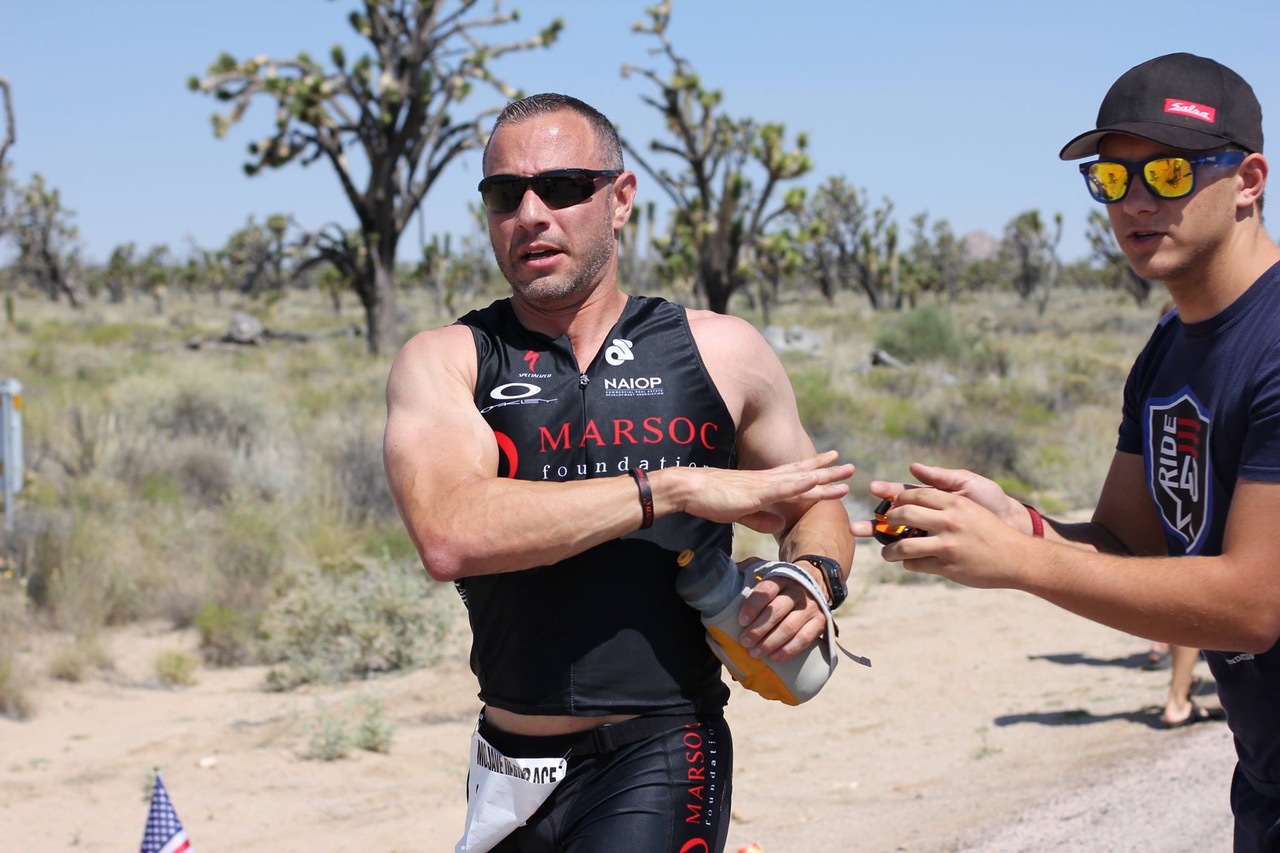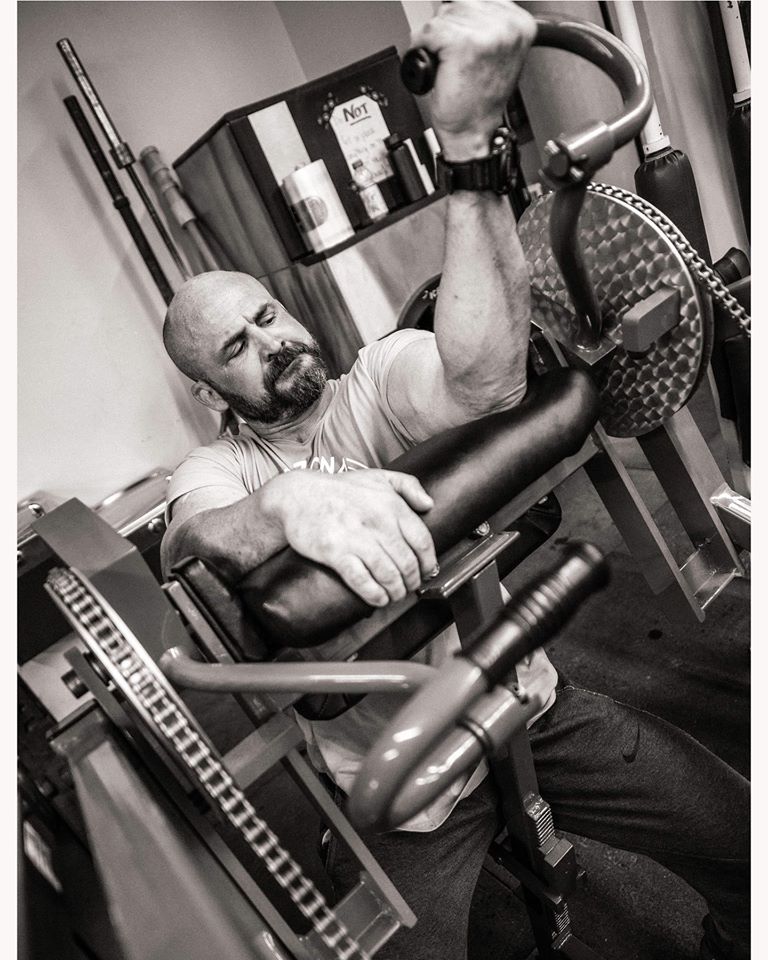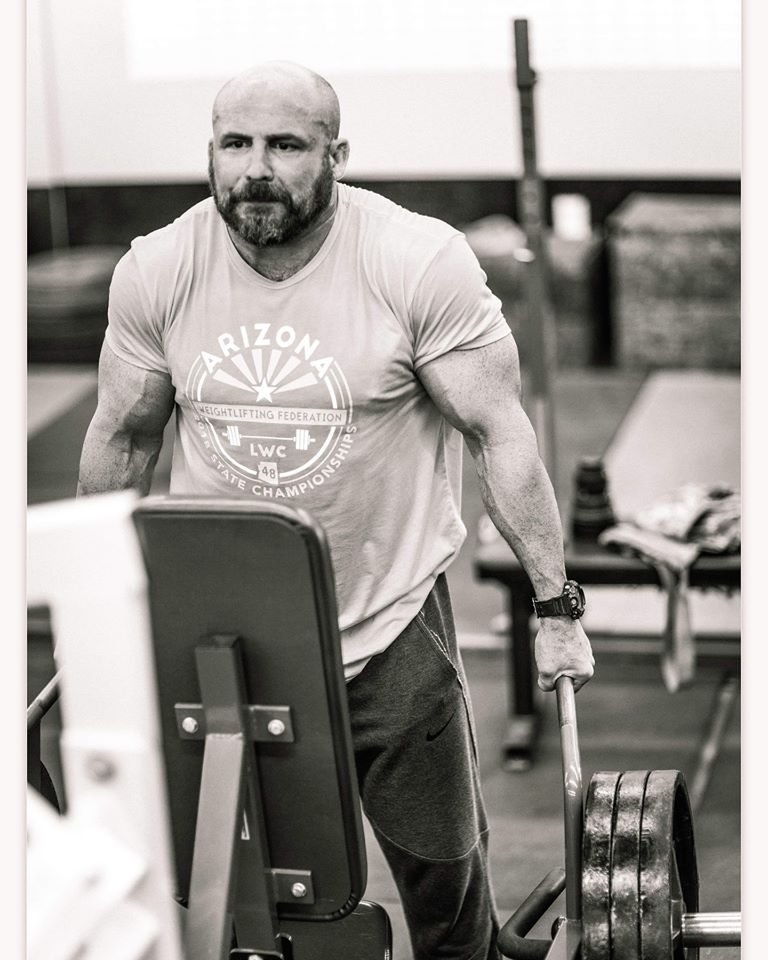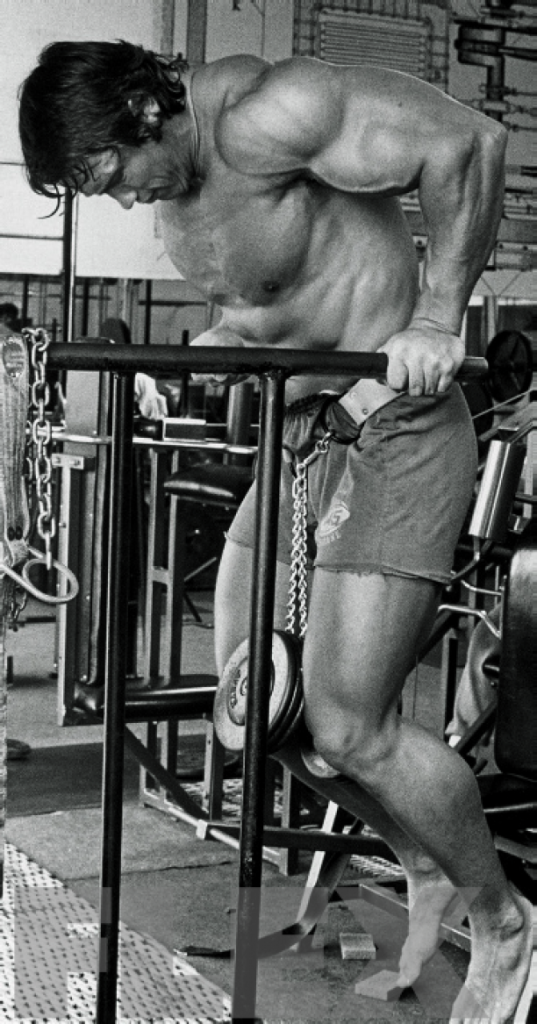In the most basic terms, Hypertrophy refers to an increase in the size of a…
5 Reasons Why CrossFit Athletes Should Use HRV to Improve Performance
What is HRV? What can it do?
Heart Rate Variability, or HRV, is the difference in the time interval between one heartbeat and the next.
One would assume that someone with a pulse of 60 would have exactly one second between each heart beat. In fact, an HRV of zero would be exactly a 1 -1 -1 heartbeat, with one second between every heartbeat. That is unhealthy unless measured during exercise or extreme stress.
A heartbeat interval of .9 – 1.1 – 1.05, which might score a 70, would indicate a healthier HRV, since it shows variation. Clinical research shows that someone suffering from a lower HRV typically experiences a greater level of stress and less resiliency. Conversely, a high HRV reading would suggest a lower stress level and higher resiliency. This constant variation allows us to use HRV to monitor the autonomic nervous system and to adjust an athlete’s training program to optimize performance.
The autonomic nervous system is responsible for unconscious bodily functions, such as heart rate, digestion, respiratory rate, urination and sexual arousal. There are two parts to the autonomic nervous system: The sympathetic (“fight or flight”) nervous system and the parasympathetic (“rest and digest”) nervous system.
A lower HRV means a high “fight or flight” response (sympathetic nervous system), which means a high stress level. A high HRV reading would indicate a higher “rest and recover” response (parasympathetic nervous system) or lower stress level.
Here is an example of how we helped a CrossFit athlete hit a new PR after a long bout of what we identified as over-training.
This athlete was training 6 days a week at a very high level. He was doing everything right; diet, sleep, and training looked solid.
What we noticed immediately when we started to measure his HRV was that his HRV and some other markers were way below normal for his fitness level.
His sympathetic system was in hyperdrive and his parasympathetic system was not working properly.
We identified a systemic overtraining routine that made him unable to recover fully between workouts. We helped him recover faster by forcing rest when he had low HRV levels, and going for the gold when HRV levels were high. After two weeks, he started to hit his PR again.
Okay! Enough with the science lesson; let’s get back to CrossFit. Here are five reasons why CrossFit athletes should use HRV to help improve their performance:
- Recover Faster – The information provided by HRV can help you recover faster and therefore be able to perform at a higher level.
- Identify Overtraining – You can also identify whether you are overtraining and when you should be taking a rest day to recover.
- Know when to train hard –You can take better advantage of days where you might want to go for a PR.
- Identify possible sleep issues – You can spot problems with your sleep patterns, which might have devastating impact on your training.
- Address potential food allergies – By identifying potential foods that increase your heart rate and increase inflammation, you will be better able to identify whether diet negatively affects your workout.
This touches the surface of what tracking HRV can do for athletes. HRV should be a big deal if you are an active CrossFit athlete looking to perform better. I will continue to share ways to help a CrossFitter recover faster.
Please let me know if you have any questions or comments by emailing me at [email protected]

Joshua Otero
Joshua is the Founder and CEO of Recover Faster, Human Performance Optimized. Recover Faster helps athletes optimize their performance and recovery. Joshua turned his passion of highperformance into a leading company that focuses on athlete recovery and performance optimization. Prior to starting Recover Faster, Joshua owned Power in Motion CrossFit and Vertex Performance, a peak performance company focused on improving performance and overall wellness.
Joshua graduated from ASU with a degree in Business Management and spent the next 20 years working in the financial services industry. Along with being a father of two beautiful girls, Joshua is an avid CrossFit athlete, and hiker and has competed in Ultra-marathons, Ironman, GORUCK challenges, and Spartan races among many other events.
Joshua can be contacted by email at [email protected]


